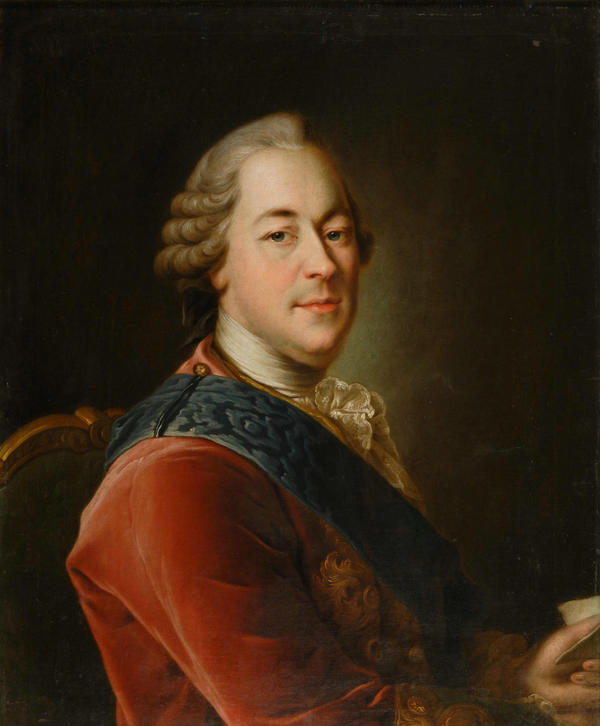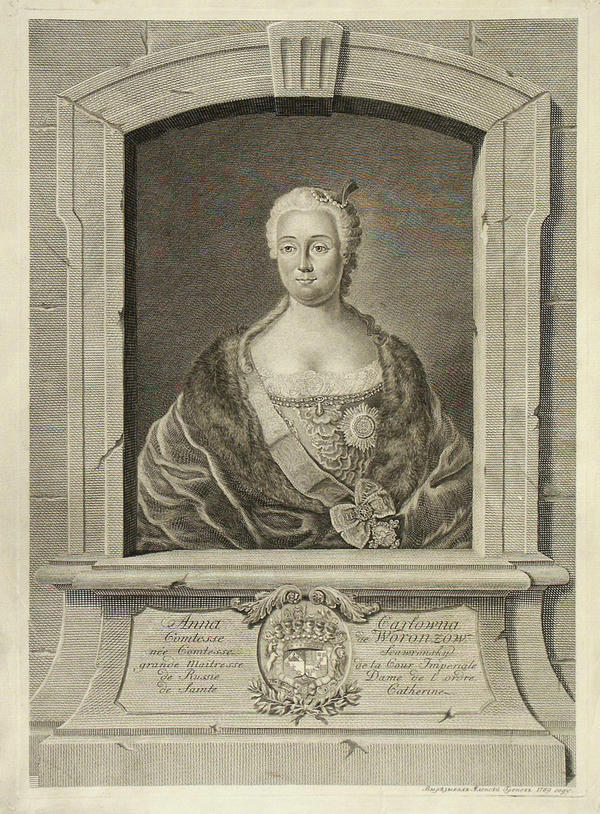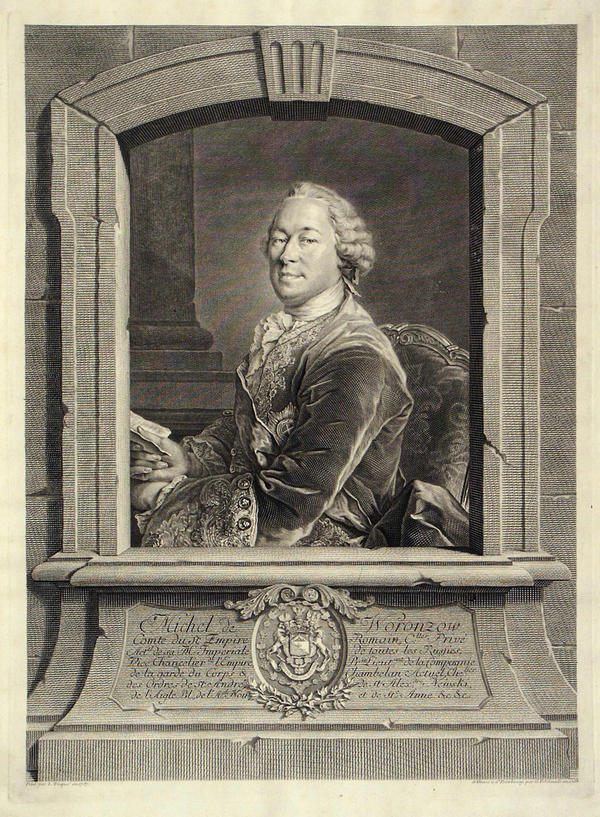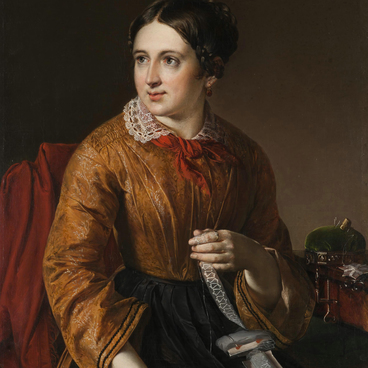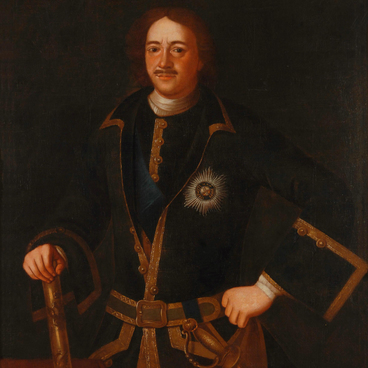The museum collection features portraits of many Vorontsovs, but it was Mikhail Illarionovich who led this noble family to success in the second half of the 18th century.
Mikhail Vorontsov was one of Elizaveta’s trusted lieutenants having taken part in the 1741 coup d'état after which the Empress ascended the throne. For his personal fidelity, she awarded him with the rank of an actual chamberlain and the title of lieutenant of the Imperial Campaign. This helped the courtier to advance his career elevating Mikhail Vorontsov and his brother Roman to a high position in the tsarina’s court.
With the permission of Elizaveta Petrovna, Vorontsov soon afterwards married Anna Skavronskaya, the Empress' cousin. After that, Vorontsov rose to an exceptionally high position: he was first promoted, in 1744, to a vice-chancellor and later to a chancellor of the Russian Empire, in 1758. The Count became a knight of the orders of St. Anna, St. Alexander Nevsky and St. Andrew the First-Called. Vorontsov was highly respected abroad. Frederick II awarded him with the Order of the Black Eagle, the highest award in Prussia; the King of Poland August III honoured him with the Order of the White Eagle; and Emperor Charles VII elevated Vorontsov to Count of the Holy Roman Empire.
Mikhail Vorontsov was one of Elizaveta’s trusted lieutenants having taken part in the 1741 coup d'état after which the Empress ascended the throne. For his personal fidelity, she awarded him with the rank of an actual chamberlain and the title of lieutenant of the Imperial Campaign. This helped the courtier to advance his career elevating Mikhail Vorontsov and his brother Roman to a high position in the tsarina’s court.
With the permission of Elizaveta Petrovna, Vorontsov soon afterwards married Anna Skavronskaya, the Empress' cousin. After that, Vorontsov rose to an exceptionally high position: he was first promoted, in 1744, to a vice-chancellor and later to a chancellor of the Russian Empire, in 1758. The Count became a knight of the orders of St. Anna, St. Alexander Nevsky and St. Andrew the First-Called. Vorontsov was highly respected abroad. Frederick II awarded him with the Order of the Black Eagle, the highest award in Prussia; the King of Poland August III honoured him with the Order of the White Eagle; and Emperor Charles VII elevated Vorontsov to Count of the Holy Roman Empire.

